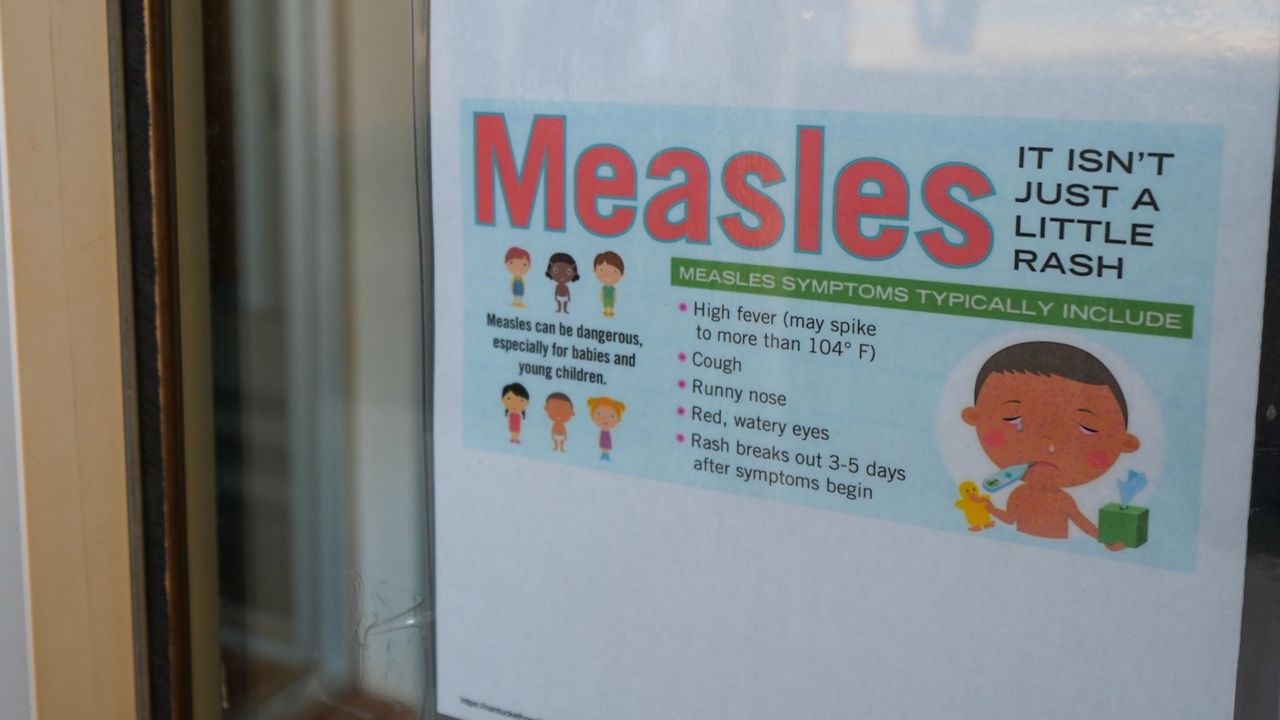CHARLOTTE, N.C. — The Federal Reserve Board meets this week to determine what to do next with interest rates.
The U.S. Bureau of Statistics said prices continued to increase from May 2022 to May of this year. It says the all items consumer price index went up 4% year to year, which was the smallest 12-month increase since 2021.
Consumer prices for food increased more, at nearly 7%, according to the bureau’s data. You can read the full report here.
The price index tracks what consumers pay for goods and services, according to the bureau.
At its grocery stores in North Carolina, and across the East Coast, a Lidl spokesperson said prices are on everyone’s mind.
“Across the board we’re definitely seeing that feedback of prices increasing, and we also get that feedback from customers. They’re constantly talking about it,” spokesperson Chandler Spivey said.
Spivey said Lidl operates 10 stores in Charlotte and more than 20 across the state. Spivey said price increases, like when the price of eggs increased dramatically earlier this year, are often item-specific.
“So, any of those instances when prices are seemingly increasing, we’re working behind the scenes to really ensure that we can — if we can, just not even pass that price increase along to customers. But, unfortunately, we do have to do that sometimes just depending on what’s happening in the market,” Spivey continued.
While Lidl takes measures to keep costs low, like smaller store footprints, inventory and overhead, it cannot always avoid price increases, according to Spivey.
At one of the chain’s Charlotte stores, shopper Sheila McCoy said the higher prices for groceries can be challenging for retirees like her.
“It’s impacted the last couple years, because I’m recently retired. So, needing to stay really close to a particular budget. But, once again, I tend to be careful about not wasting food as much as possible, not overbuying. And that has helped maintain everything,” McCoy said while shopping on Tuesday.“It’s impacted the last couple years, because I’m recently retired. So, needing to stay really close to a particular budget. But, once again, I tend to be careful about not wasting food as much as possible, not overbuying. And that has helped maintain everything,” McCoy said while shopping on Tuesday.
McCoy said she was fortunate she was not one of the U.S. consumers forced to decide between buying food, or shelter or medicine due to inflation.
While shopping, McCoy also said she likes to find the best deals and get certain items at certain stores, especially as she’s noticed rising prices at grocery stores since the COVID-19 pandemic.
“Well of course, and I think everyone has. Some items more than others,” McCoy said about the prices.
She said she was glad egg prices had returned to normal but noticed her typical purchase of blueberries was a bit more.
“For me personally, blueberries. I love blueberries. I buy them all the time. They’ve gotten very expensive,” McCoy said, adding produce as a whole was more expensive. “I think due to the supply chain and logistical issues that we had associated with COVID.”
Despite the rising prices nationwide, McCoy said she was willing, as a customer, to spend more money for organic and locally sourced items.
However, she and Spivey did have advice for customers looking to cut costs this summer. They both advised watching for sale items at stores and using reward programs and apps.
“When I’m shopping at Harris Teeter I do it on Thursdays, 'cause, senior discount,” McCoy said with a smile.










